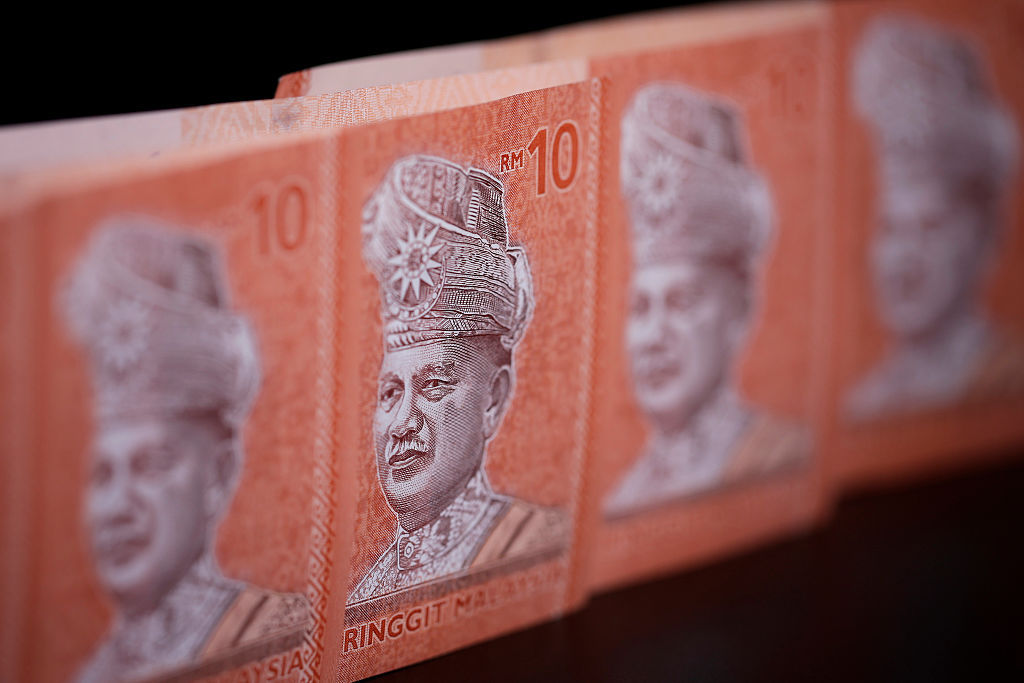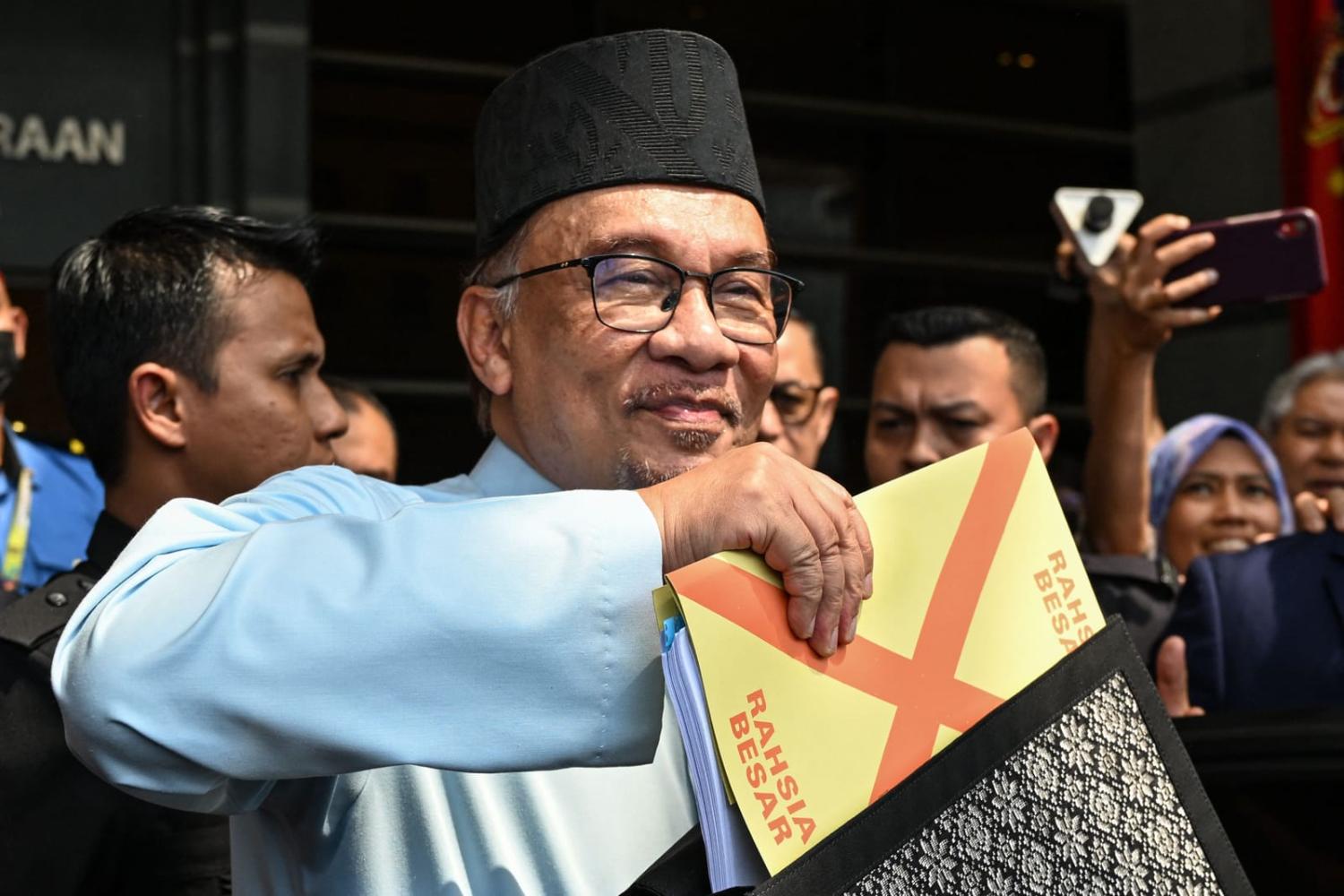The Asian Monetary Fund was an idea that Japan first proposed in 1997 following the Asian financial crisis. At the time, Anwar Ibrahim, a rising star in Malaysian politics, firmly supported this proposal. After 26 tumultuous years – particularly for Anwar – the idea is back.
During a visit to China last month, Anwar, now Malaysia’s Prime Minister, won the backing of President Xi Jinping to revive the plan for an Asia-centred multilateral finance institution. Twenty-six years ago, such a plan might have been precocious. Things have changed since. China is an economic juggernaut, the second largest economy in the world. India, the sixth largest economy today, is expected to rise to the third notch in seven years, only below the United States.
The shifting centre of economic gravity to the east by 2030 makes an Asian Monetary Fund plausible. If China can establish an Asian Infrastructure Investment Bank (AIIB), it is logical that it would want to set up a regional institution that can supplement the International Monetary Fund, which it sees as dominated by Western powers. China wants to assert its leadership in this part of the world.
Part of the game of leadership would mean providing a lifeline to countries in times of economic distress. Replacing the global hegemon would also require propping up the yuan as a reserve currency, depriving the dollar of its status as the sole pillar of strength in the region.
As China rises to prominence, and comes to assume a more central role, it stands to reason that it would also have a greater say in the financial architecture of Asia.
Anwar sees a role for himself in this game of thrones.
If an Asian Monetary Fund seems a distant idea, it cannot be more distant than the belief that the time has come for dedollarisation. Here Anwar has matched his talk with action. It was only recently, that Malaysia has decided that trade with India can be settled in the currency of either currency. The decision was made without much fanfare, save for a rather staid and bureaucratic announcement by the Indian Embassy in Kuala Lumpur.
As a man who sat at the edge of the 1997 Asian financial crisis, and who’s own fate was, perhaps, sealed due to his contrarian views about how Malaysia should respond, Anwar must have a definite position on what should be done to stabilise the region amid the present economic flux. Top of Anwar’s mind must be the desire to recover financial stability in this part of the world and to future-proof it from the vagaries of fluctuations that have their origins in the United States, such as occurred with the 2008 crisis.

The path to an Asian Monetary Fund may not be without hurdles.
Indonesia, for instance, is not as enthusiastic as Malaysia about the idea. Indonesia’s Coordinating Minister for Economic Affairs Airlangga Hartarto has cited the difficulty in obtaining approval from member countries in ASEAN as one roadblock. He also, rather pragmatically, pointed out that getting member countries to commit funding may not be easy.
Although the IMF may have its shortcomings, establishing an AMF will be challenging due to prevalent notions of leadership. The United States has taken upon itself to provide global economic leadership, while this may be questioned in the years to come, there is no sign that America is about to relinquish the position.
In 1998, a year after Japan first proposed an Asian Monetary Fund, Peterson Institute of International Economics founder Fred Bergsten soundly rejected the idea. Bergsten instead suggested radical modifications such that the proposal. He thought the Japanese idea would undermine the leadership of the IMF and would create a wedge between Asia and North America. He wanted an “Asia-Pacific” focused fund, that would have the US play a decisive role.
In his recent book The United States vs China: The Quest for Global Economic Leadership, Bergsten makes a concession, suggesting that the two powers can collaborate. It is the type of argument that might be used to promote a role for the United States in any Asian Monetary Fund.
With all the hurdles, Anwar may have more success in campaigning for dedollarisation. China, Russia, Brazil and the European Union are already trying to shift away from a reliance on the dollar. Indonesia’s Airlangga has expressed frustration that even with a “local currency settlement” mechanism in place, transactions between Indonesia and China were not always settled using this method.
The dream to have the yuan displace the dollar may take a long time, especially given the yuan accounts for about two per cent of global payments and less than three per cent of the world’s currency reserves. Long as the path may be, internationalising the yuan would spell a new age for Asian economic leadership. And Anwar wants to be at the front row.

